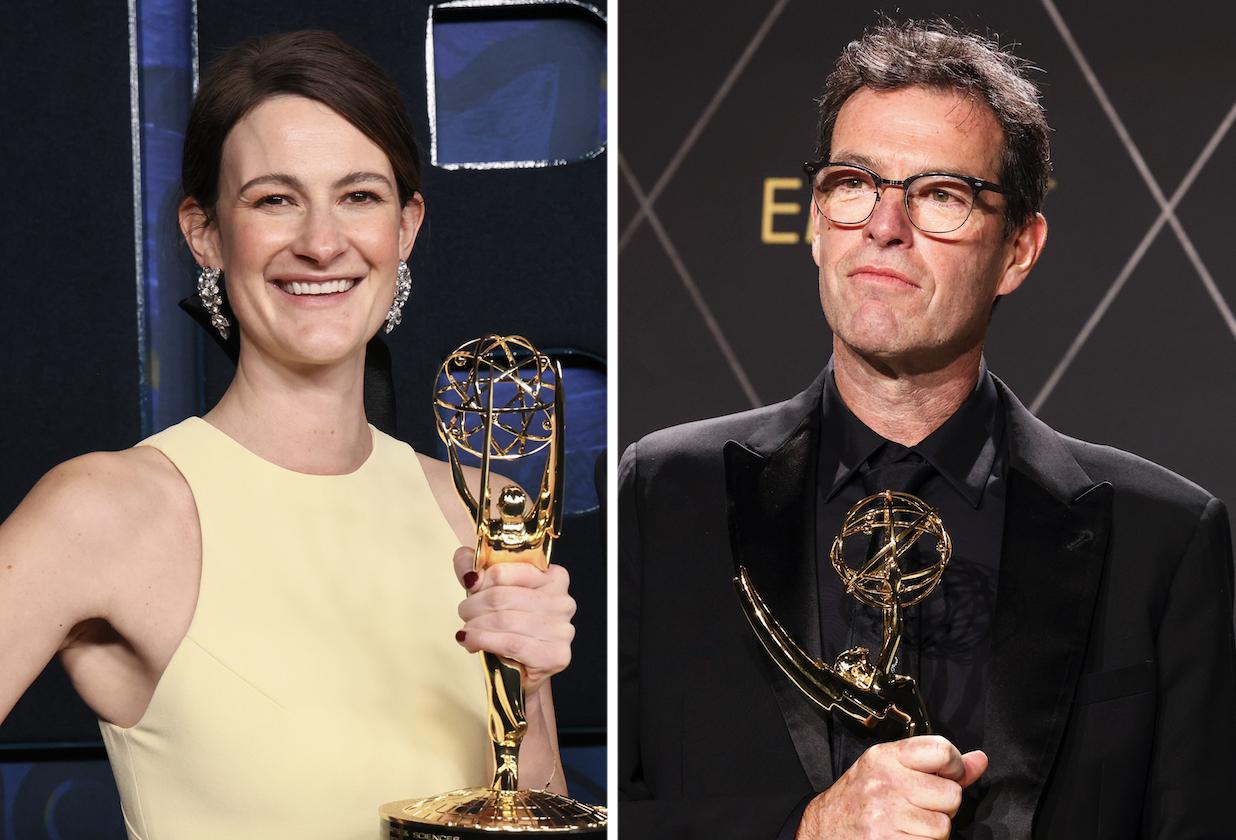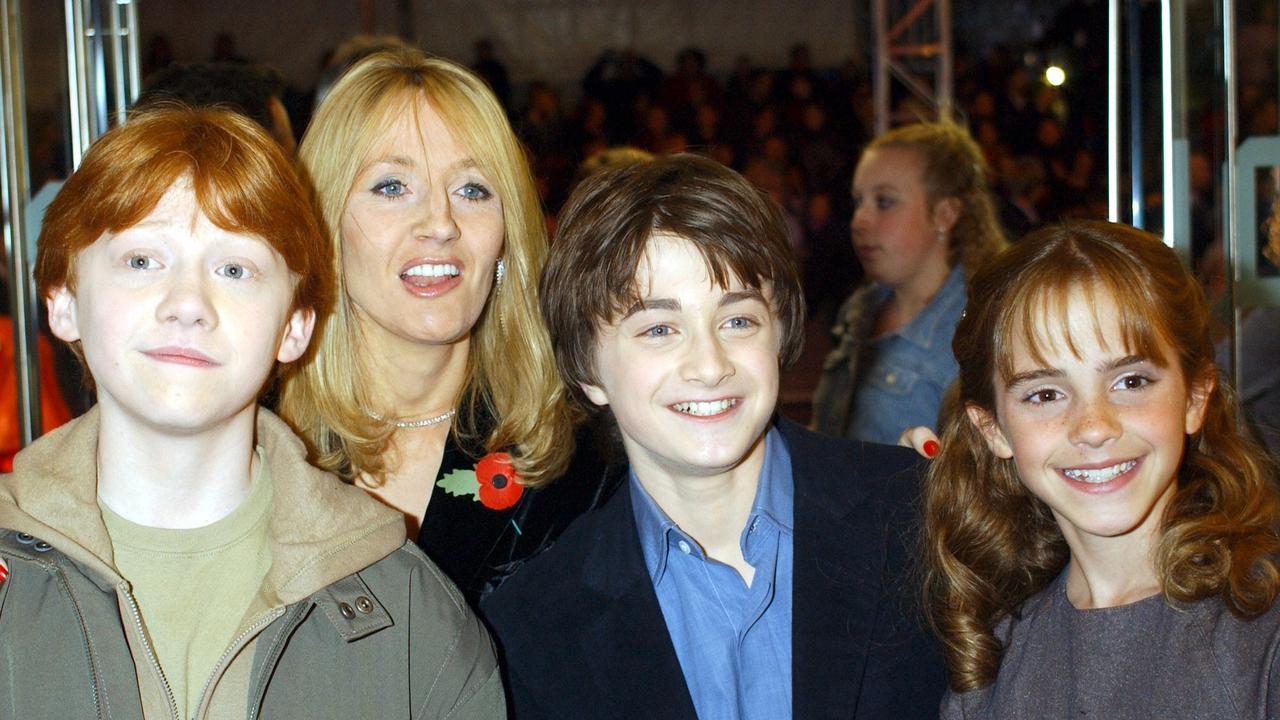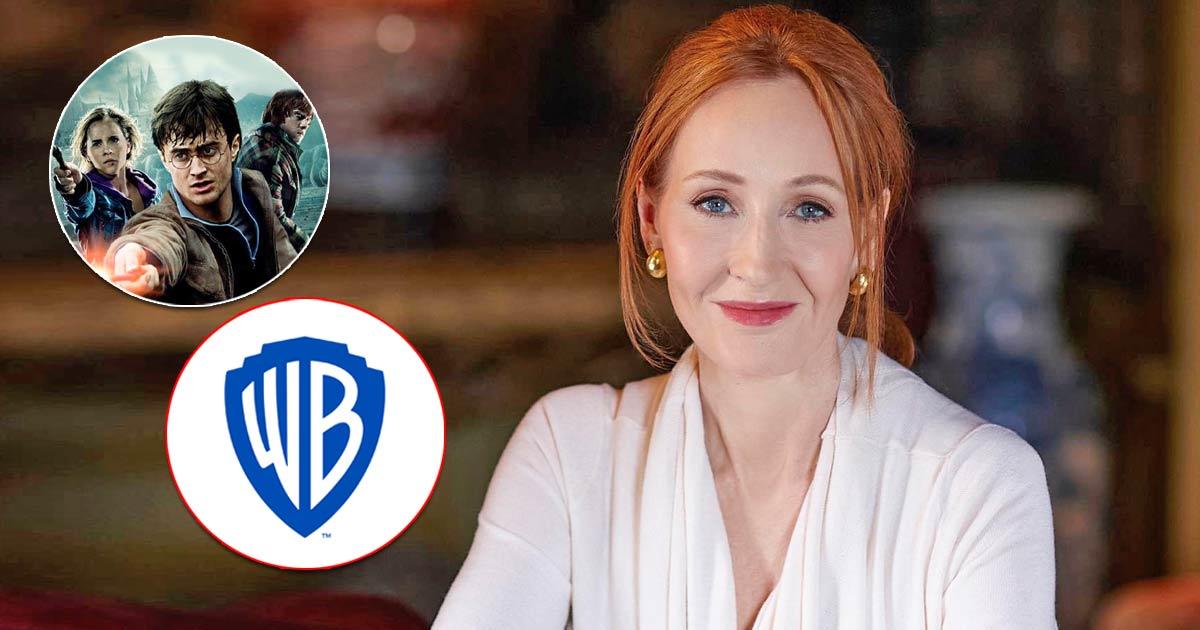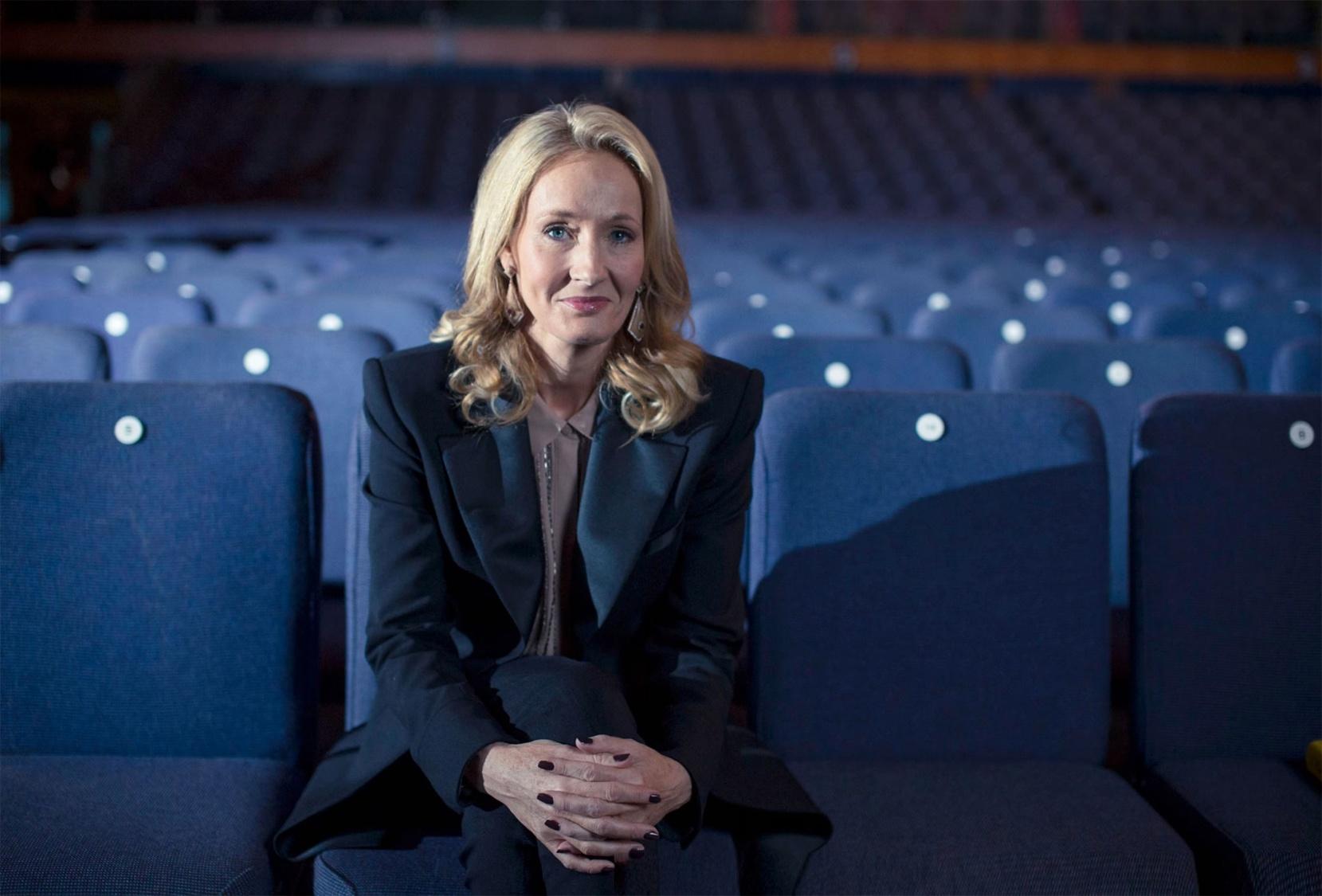HBO’s Harry Potter Reboot Moves Forward Despite Controversy—And the Fandom Is More Divided Than Ever

In the world of entertainment, few franchises have captured the hearts of millions like Harry Potter. Now, HBO has taken a bold step to reboot the legendary saga as a high-budget television series, promising a more in-depth, season-by-season adaptation of J.K. Rowling’s seven-book phenomenon. But as production ramps up, a storm of debate continues to swirl—not about casting or storytelling, but about the very legacy of the woman who created the Wizarding World.
Despite growing backlash over Rowling’s polarizing views on gender identity and trans rights, HBO has confirmed that the reboot is moving full steam ahead. The studio appears confident that the enduring appeal of Hogwarts, magic, and coming-of-age adventures will outweigh the controversies shadowing the author’s public image. But the fan base is far from united—and social media continues to reflect a bitter cultural divide.

Announced in 2023, the reboot was met with mixed reactions. Some longtime fans were thrilled by the idea of a more faithful adaptation of the books, with the depth and nuance that only a series format can offer. Others were immediately skeptical, questioning whether the magic could be recaptured—especially in the wake of Rowling’s highly publicized remarks that many critics have labeled as transphobic.
For a generation that grew up with Harry, Ron, and Hermione, the books represented a message of acceptance, unity, and standing up against oppression. But now, that message feels at odds with the discourse surrounding their creator. Many fans—especially LGBTQ+ readers who once found solace in Rowling’s fantasy world—now feel conflicted about engaging with new Potter content.

HBO has remained mostly silent about the controversy, choosing instead to focus on the reboot’s production quality and storytelling promise. The network insists the series will be more inclusive and diverse than previous adaptations, with plans to cast actors from a wider range of backgrounds and experiences. This strategy, while well-intentioned, has sparked its own wave of criticism.
Some believe that attempting to separate the art from the artist is disingenuous, especially when Rowling remains a credited producer. Others argue that reclaiming the world of Harry Potter through a modern lens could offer an opportunity for healing and progress. Still, the tension between Rowling’s involvement and HBO’s promises of inclusivity continues to be a major talking point.

On platforms like Twitter, TikTok, and Facebook, the debate rages on. Hashtags like #BoycottRowling and #ReclaimTheMagic trend regularly, showcasing just how fractured the fan base has become. Some users express excitement about seeing beloved characters come to life with modern storytelling techniques. Others vow never to support any project that profits Rowling.
“You can’t separate the creator from the creation when the creator still profits,” one fan wrote in a viral tweet. “I love Harry Potter. But I’m done pretending the damage hasn’t been done.”
On the flip side, supporters of the reboot argue that the Wizarding World belongs to the fans now—that its themes of love, bravery, and fighting injustice transcend the views of its author. Fan fiction, fan art, and even entire online communities have emerged that reinterpret the universe in more progressive and inclusive ways.

HBO’s reboot is expected to hit screens in 2026, and speculation is already rampant about casting choices, set designs, and potential changes to the source material. The stakes are high—not just creatively, but culturally.
Will this reboot be a triumphant return to Hogwarts that bridges generations and values? Or will it be remembered as a misstep that deepened the divide in one of the world’s most passionate fandoms?
Only time will tell. But one thing is clear: the magic of Harry Potter may be eternal, but the battle over its meaning in today’s world is far from over.




